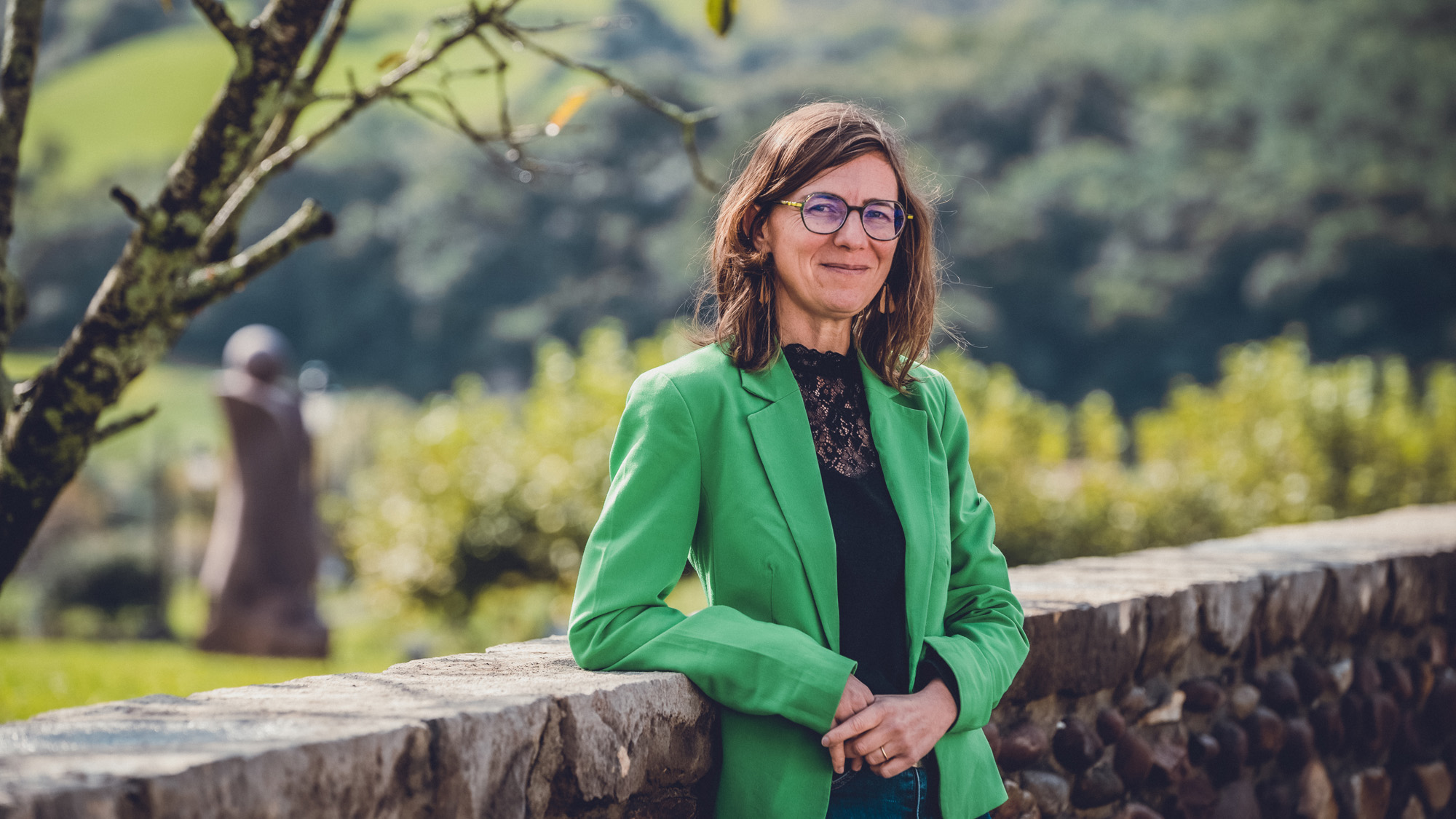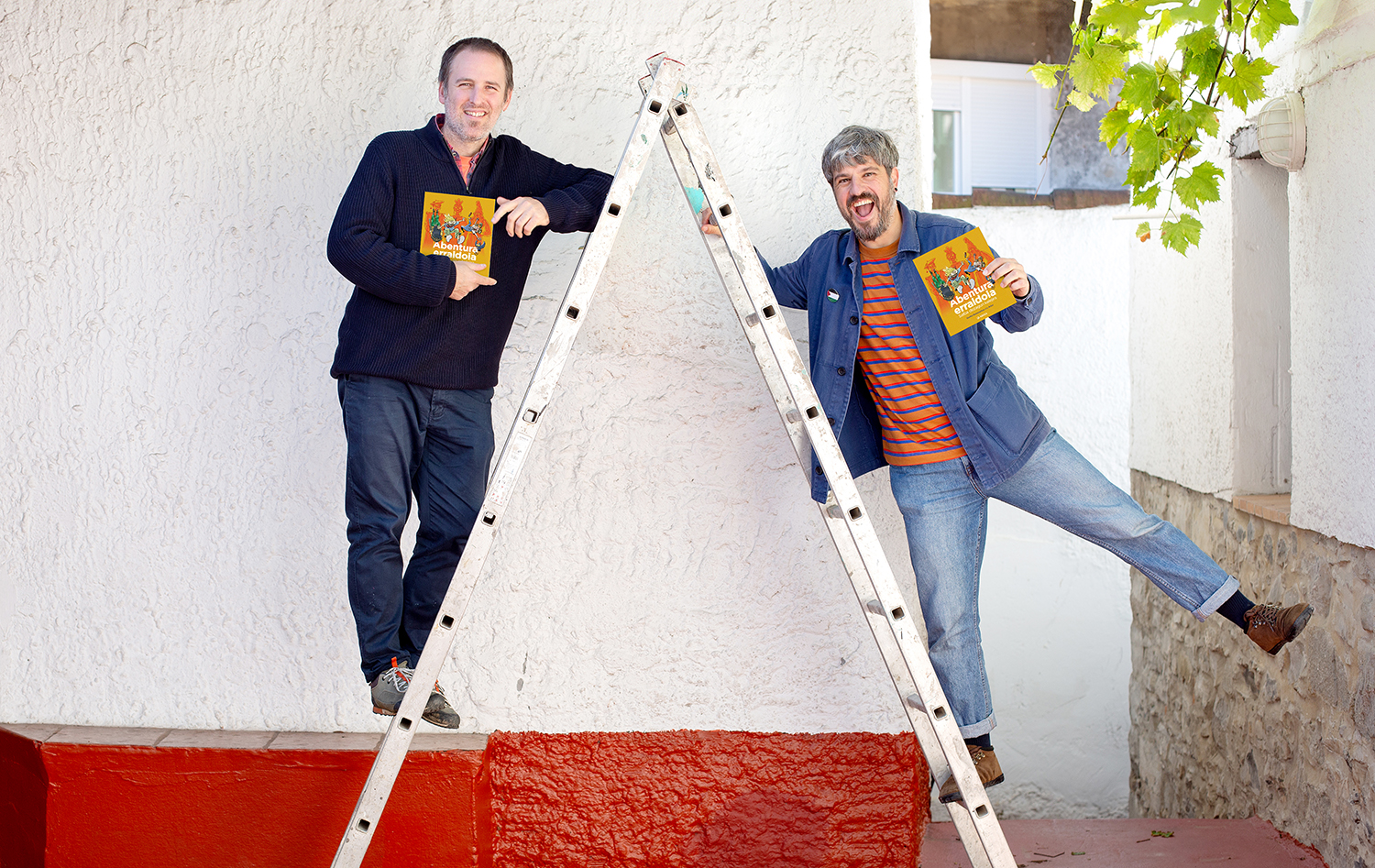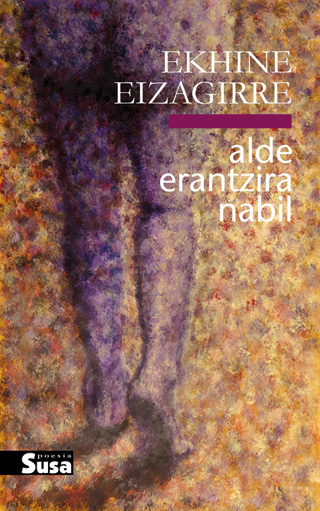
When freedom occupies a place on a daily basis, when you have to support yourself, when you have become a necessity, you don't care what prison you are in, the important thing is not to fall into your own prisons: “Don’t ask where I am again./ I am here,/ in the homeland of cold ice cream and warm water,/ not on land or in the air, only in freedom,/ simply in freedom.”
Ekhine's poetry has a virtue: it doesn't want mercy on what's in jail, it doesn't create that fat literature of collective guilt. The Zarauztarra sings to freedom with the peace of mind of those who know why he is well in prison. Of course, they don't want to sing, they don't want to be writers, they don't want in dreams. That's why he tells us, conscious, that it's not sad to be in prison, but to leave us. Because that's where we started to leave humanity itself. And the most tender and poetic aspect of that humanity is to bring the wounds into view, to recognize that doubt and despair are within us: “to find/ want/// want// lost///a new self/” Instead of the watchtower, he writes also from the empathy of the sufferer, with rigor over the world of those who are supposedly free.
Hikmet, Hernandez, by Teresa Jesús. They called resistance because they were very self-conscious. They turned the system around like the waters that leak through the system's slits. “They take us out of the closet and abduct us in the announcer, they love us/ but our minds/ have come together and/ have flown, free.”
It's also the book of poems that you risk. Written with the heart and the bowels, sometimes it is the highest and sometimes it is too chaotic, too vague the meaning of some poems, too obvious and recurring some poetic arguments, “with tears I will shed hatred and/ or make the hole to tenderness.” Maybe it's because we take the poems of Sarri jail in the pupils, but it's based on the political and poetic input of my favorite prison literature, which is also a little mystical in the phase, observation and depth. Ekhine’s poetry, in this sense, is more inexpugnable. It has the advantage of freshness, the risk of the basket. The most beautiful charm and contribution of this book is, in short, the forbidden fruit that comes from that danger: an immense carnal love much more beautiful than romantic love, much more liberating than classical struggle.
Alde erantzira nabil / Ekhine Eizagirre / Poesia; Susa, 2016
Joan Tartas (Sohüta, 1610 - date of unknown death) is not one of the most famous writers in the history of our letters and yet we discover good things in this “mendre piece” whose title, let us admit it from the beginning, is probably not the most commercial of the titles... [+]









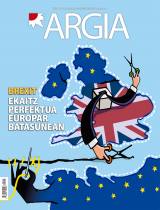


ilbeltza-(1).jpg)



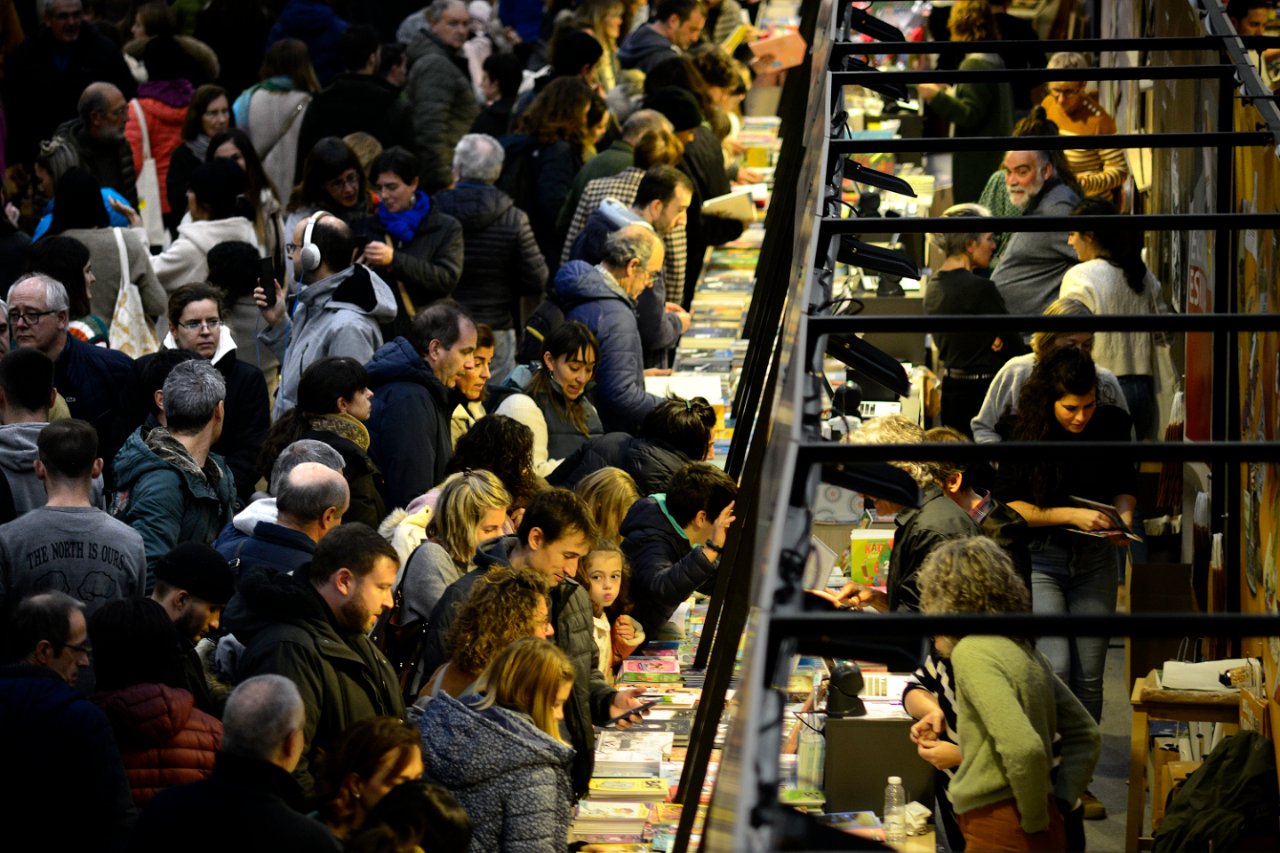


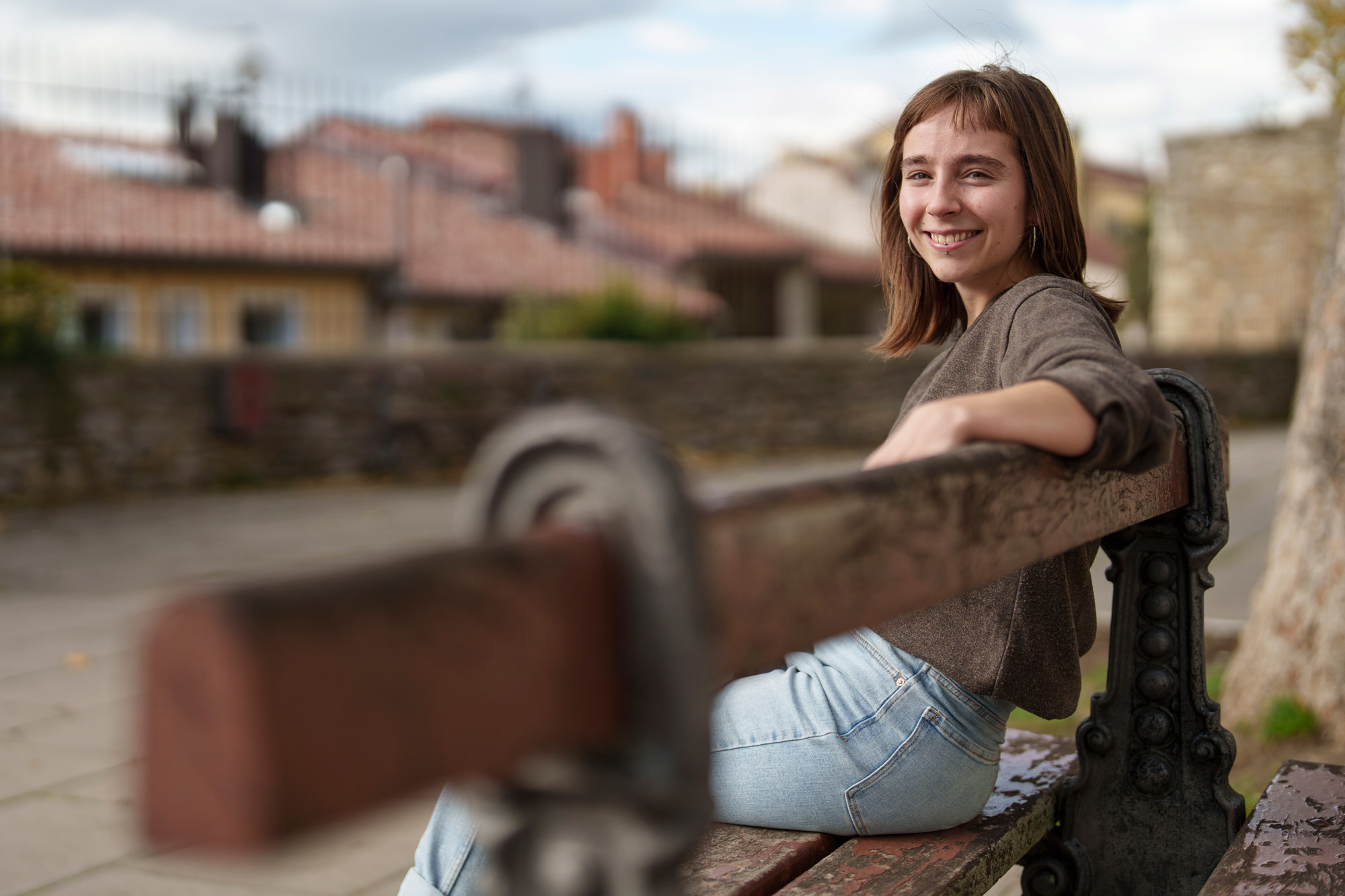
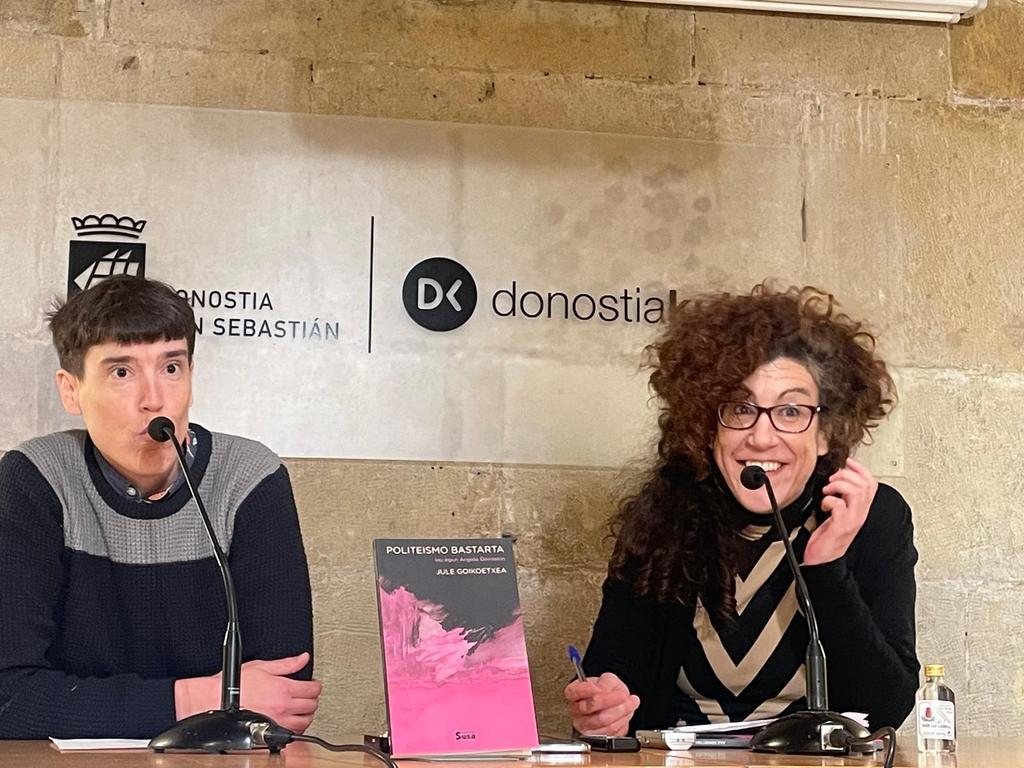

.jpeg)

